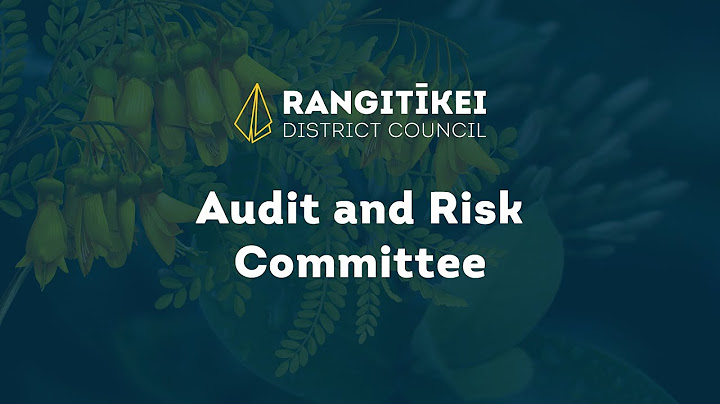Important Update Regarding Submission of ClaimsThe Uninsured Program stopped accepting claims due to a lack of sufficient funds. Confirmation of receipt of your claim submission does not mean the claim will be paid. No claims submitted after March 22, 2022 at 11:59 p.m. ET for testing or treatment will be processed for adjudication/payment. No claims submitted after April 5, 2022 at 11:59 p.m. ET for vaccine administration will be processed for adjudication/payment. Show
HRSA anticipates that claims submitted by the deadline may take longer than the typical 30 business day timeframe to process as HRSA works to adjudicate and pay claims subject to their eligibility. *Submitted claims will be paid subject to the availability of funds. For additional information, visit:
Reimbursement Payment DataView the list of providers who have received a reimbursement from the HRSA COVID-19 Uninsured Program. About the ProgramThe U.S. Department of Health and Human Services (HHS), provides claims reimbursement to health care providers generally at Medicare rates for testing uninsured individuals for COVID-19, treating uninsured individuals with a COVID-19 diagnosis, and administering COVID-19 vaccines to uninsured individuals. A separate program, the HRSA COVID-19 Coverage Assistance Fund, is available to reimburse providers for COVID-19 vaccine administration to underinsured individuals whose health plan either does not include COVID-19 vaccination as a covered benefit or covers COVID-19 vaccine administration but with cost-sharing. View Frequently Asked Questions. How It WorksHealth care providers who have conducted COVID-19 testing or provided treatment for uninsured individuals with a COVID-19 primary diagnosis on or after February 4, 2020 can request claims reimbursement through the program electronically and will be reimbursed generally at Medicare rates, subject to available funding. Providers can also request reimbursement for COVID-19 vaccine administration. Steps will involve: enrolling as a provider participant, checking patient eligibility, submitting patient information, submitting claims, and receiving payment via direct deposit. To participate, providers must attest to the following at registration:
For Whom Can Claims Be SubmittedProviders may submit claims for individuals in the U.S. without health care coverage. What's CoveredReimbursement under this program will be made for qualifying testing for COVID-19, for treatment services with a primary COVID-19 diagnosis, and for qualifying COVID-19 vaccine administration fees, as determined by HRSA (subject to adjustment as may be necessary), which include the following:
Claims will be subject to Medicare timely filing requirements. Services not covered by traditional Medicare will also not be covered under this program. In addition, the following services are excluded:
All claims submitted must be complete and final. Claims SubmissionInformation on claims submission can be found at: coviduninsuredclaim.linkhealth.com Claims ReimbursementClaims for reimbursement will be priced as described below for eligible services (see coverage details above).
Customer SupportOur contractor’s service staff members are available to provide real-time technical support, as well as service and payment support. Hours of operation are 8 a.m. to 10 p.m. Central Time, Monday through Friday.
Which of the following is the most common type of healthcare services reimbursement?The most common type of prospective reimbursement is a service benefit plan which is used primarily by managed care organizations. Most insurance policies require a contribution from the covered individual which may be a copayment, deductible or coinsurance which is called cost participation.
Which of the following services is not included under hospitalization expense coverage?Which of the following services is NOT covered under a hospitalization expense policy? Surgeon's fees. (While an insured is hospitalized, the hospitalization expense coverage includes benefits for the cost of all of these services EXCEPT a surgeon's fees.)
What is included in medical insurance?Health insurance typically covers most doctor and hospital visits, prescription drugs, wellness care, and medical devices. Most health insurance will not cover elective or cosmetic procedures, beauty treatments, off-label drug use, or brand-new technologies.
Which of the following are not covered under major medical policy?Major medical does not include insurance programs like limited benefit plans, fixed indemnity plans, accident supplements or critical illness plans, none of which are regulated by the ACA.
|

zusammenhängende Posts
Werbung
NEUESTEN NACHRICHTEN
Wie lange braucht leber um sich vom alkohol zu erholen
1 Jahrs vor . durch ElectromagneticSubcommitteeWerbung
Populer
Werbung

Urheberrechte © © 2024 de.ketajaman Inc.


















